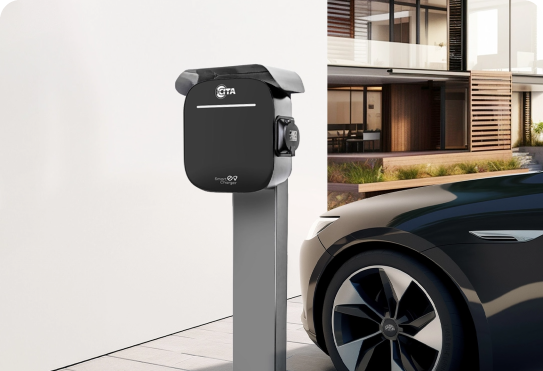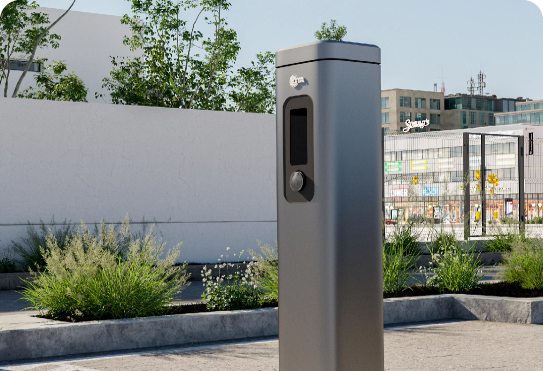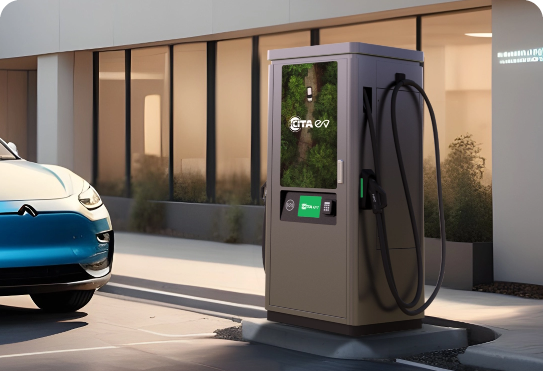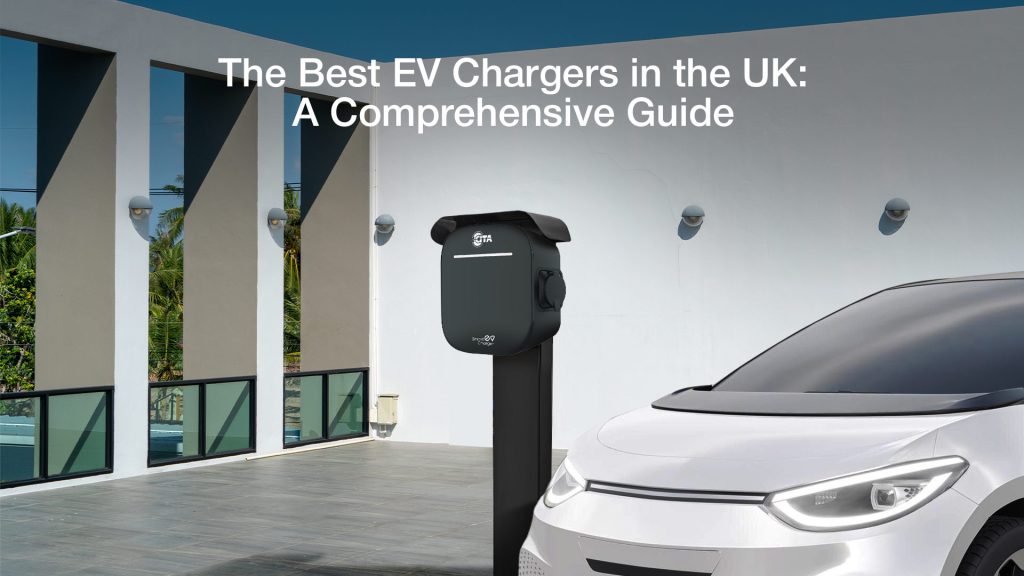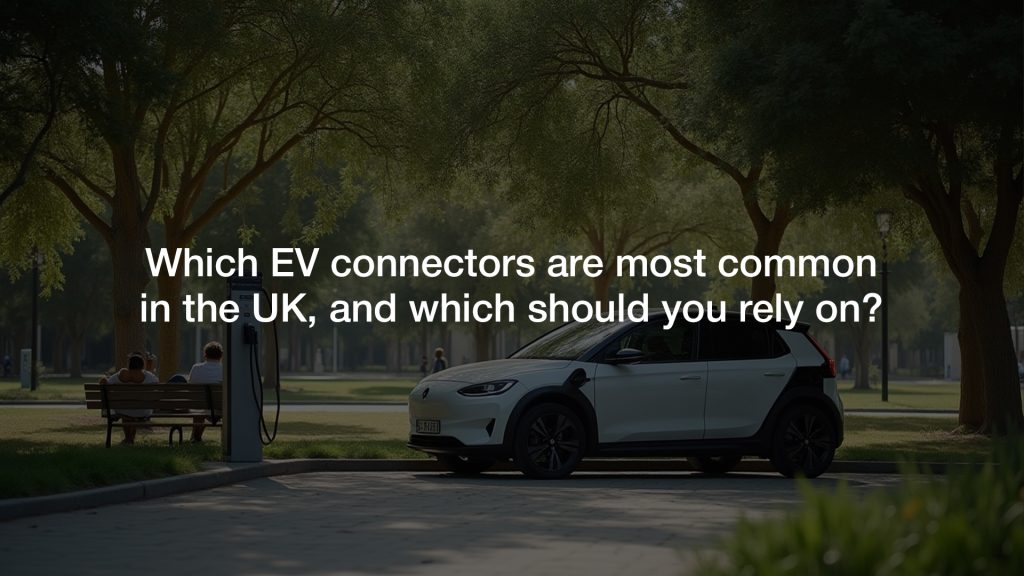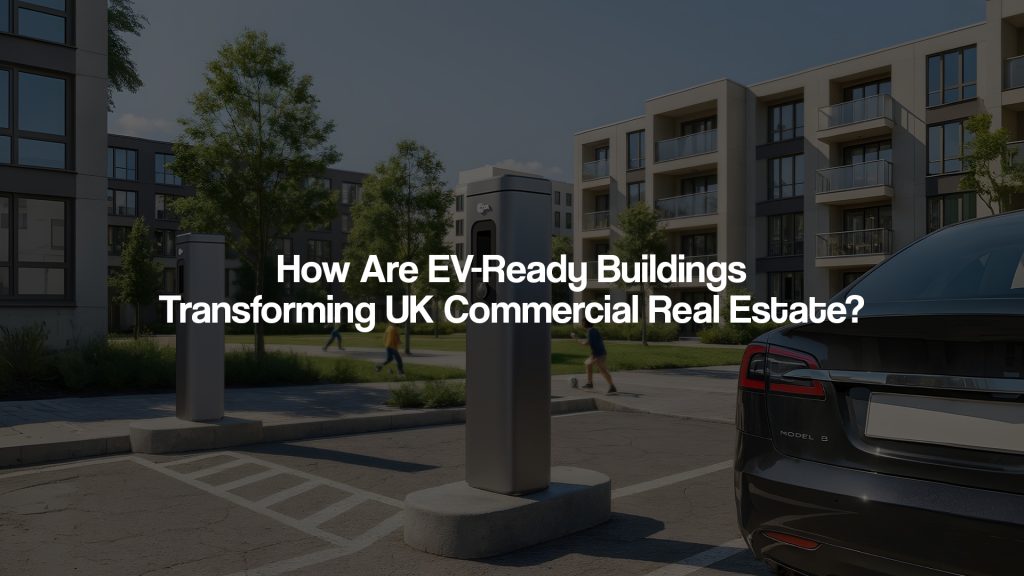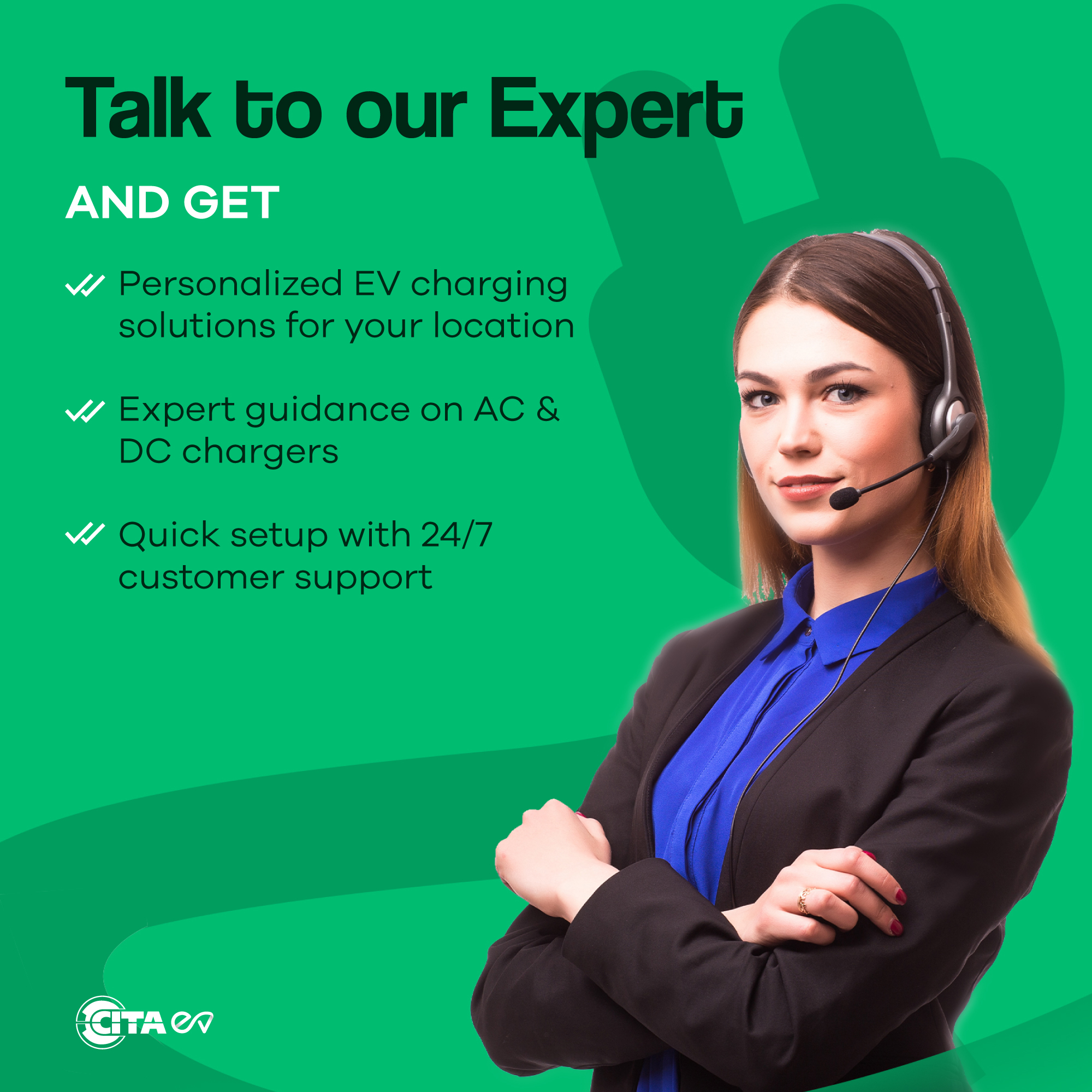Are you confident your electric vehicle charging setup meets the latest safety standards? As the home EV charger market expands rapidly, with global sales projected to reach $16.4 billion by 2026, understanding safety features has become more critical than ever. Recent data from the Electric Vehicle Council shows that 89% of EV owners prefer home charging, making the selection of a secure home EV charger a paramount decision for your household.
The landscape of electric vehicle charging has evolved dramatically since 2023, with the UK seeing a 40% increase in EV adoption. This surge has brought heightened attention to home charging safety, particularly as the latest research from the International Energy Agency reveals that over 80% of all EV charging sessions occur at home. As a leading home EV charger provider, we understand that selecting the right charging solution involves more than just power output—it’s about ensuring your family’s safety and your vehicle’s protection.
The UK Government’s commitment to electrification, supported by the OZEV grant scheme, has made home EV chargers more accessible than ever. However, with this accessibility comes the responsibility of choosing equipment that meets rigorous safety standards. According to the latest 2024 safety regulations, all home EV charger installations must now include advanced protection features such as ground fault interruption and smart load management. Whether you’re considering a 7 kW AC home EV charger or a more powerful 22 kW AC home EV charger, understanding these safety features is crucial for making an informed decision that will serve you well into the future.
10 Essential Safety Features for Your Home EV Charger

1. Ground Fault Circuit Interrupter (GFCI) Protection
A home EV charger must include GFCI protection as its first line of defense against electrical faults. According to recent safety studies, GFCI systems can detect current imbalances as small as 5-6 milliamperes and respond within 25 milliseconds, preventing potentially dangerous situations. This sophisticated protection system continuously monitors the electrical current flow between your home EV charger and vehicle, instantly cutting power if any irregularities are detected. The latest data from the International Electrotechnical Commission shows that GFCI-equipped chargers have reduced electrical safety incidents by 94% in residential charging setups.
2. Overcurrent Protection
Modern trusted home EV charger systems incorporate advanced overcurrent protection mechanisms that safeguard both your vehicle and home electrical system. This feature automatically monitors current levels and prevents them from exceeding your charging equipment’s rated capacity, typically maintaining a safe threshold of 80% of the circuit’s maximum rating. Research from leading manufacturers shows that overcurrent protection has prevented an estimated 15,000 potential circuit overloads in domestic charging scenarios during 2023 alone, making it an indispensable safety feature for any best home EV charger.
3. Temperature Monitoring and Thermal Protection
4. IP65 Weather Protection
For a home EV charger installed outdoors, IP65 certification is crucial for ensuring safe operation in all weather conditions. This rating guarantees protection against dust ingress and water jets from any direction, making your charging system completely weatherproof. Recent durability tests show that IP65-rated chargers maintain full functionality even after exposure to simulated harsh weather conditions equivalent to 10 years of outdoor use, demonstrating their long-term reliability and safety benefits.
5. Smart Load Management
Intelligent load balancing in the best EV car charger for the home prevents electrical system overload by dynamically adjusting charging power based on your household’s current electricity consumption. This advanced feature monitors your home’s total power usage and automatically reduces charging speed when other high-draw appliances are active, maintaining total consumption below your property’s electrical capacity. Studies show that smart load management has reduced circuit breaker trips by 87% in homes with EV chargers.
6. Emergency Stop Function
Every UKCA-approved home EV charger must include an easily accessible emergency stop button or function. This critical safety feature allows immediate power cut-off in case of any emergency, with response times under 100 milliseconds. The emergency stop system undergoes rigorous testing to ensure reliability, with data showing that it remains functional even after 10,000+ activation cycles, providing peace of mind for long-term use.
7. Cable Management System
A proper cable management system is essential for any UKCA & CE-approved home EV charger in the UK and Europe preventing tripping hazards and cable damage. Modern systems include retractable or mounted solutions that keep cables organized and off the ground when not in use. Safety statistics indicate that proper cable management reduces charging-related accidents by 78% and extends cable life by up to 40%, making it both a safety and durability feature.
8. Surge Protection
Advanced surge protection in top home EV charger models safeguards your vehicle and charging equipment from power spikes and lightning strikes. These systems can absorb voltage surges up to 6,000V, protecting sensitive charging components and your vehicle’s onboard systems. Recent data shows that surge-protected chargers have a 96% lower failure rate during electrical storms compared to unprotected units.
9. Authentication and Access Control
Modern OZEV grant home EV charger systems include robust authentication mechanisms to prevent unauthorized use. Whether through RFID cards, smartphone apps, or PIN codes, these systems ensure that only authorized users can initiate charging sessions. Security analysis shows that chargers with authentication systems have experienced 99% fewer instances of energy theft and unauthorized access compared to unsecured units.
10. Power Quality Monitoring
Experience the Future of Home EV Charging with CITA EV

As the UK’s leading manufacturer of home EV charger solutions, CITA EV has established itself as a pioneer in delivering cutting-edge charging technology across 35+ countries. Our commitment to excellence is reflected in every aspect of our charging solutions, from advanced safety features to intelligent connectivity options that make your charging experience seamless and efficient.
Our comprehensive range of home EV chargers includes powerful options to suit every charging need. Whether you choose our efficient 7kW charger for overnight charging, the versatile 11kW model for faster daily charging, or our robust 22kW solution for rapid charging capabilities, each unit comes equipped with state-of-the-art features and certifications. Every CITA EV charger proudly carries UKCA, CE, and OZEV Grant approvals, alongside IP65 and IK10 ratings, ensuring maximum durability and safety for your home charging setup.
The innovative CITA EV App transforms your charging experience with smart features like real-time monitoring, remote control capabilities, and intelligent load balancing. Our chargers support OCPP 1.6 JSON & 2.0.1 protocols, with future-proof 2.0+ upgradability, ensuring your charging solution stays ahead of the curve. Multiple connectivity options through Ethernet, WiFi, or 4G, combined with universal Type 2 charging cable compatibility and seamless Modbus integration, make our systems incredibly versatile and user-friendly.
Make the Smart Choice Today with CITA EV
Don’t miss this opportunity to join thousands of satisfied customers who have already made the switch to CITA EV’s intelligent charging solutions. Contact us today at [email protected] or visit www.citaevcharger.co.uk to schedule your consultation. Our team of charging specialists is available 24/7 to answer your questions and help you select the perfect charging solution for your needs.




